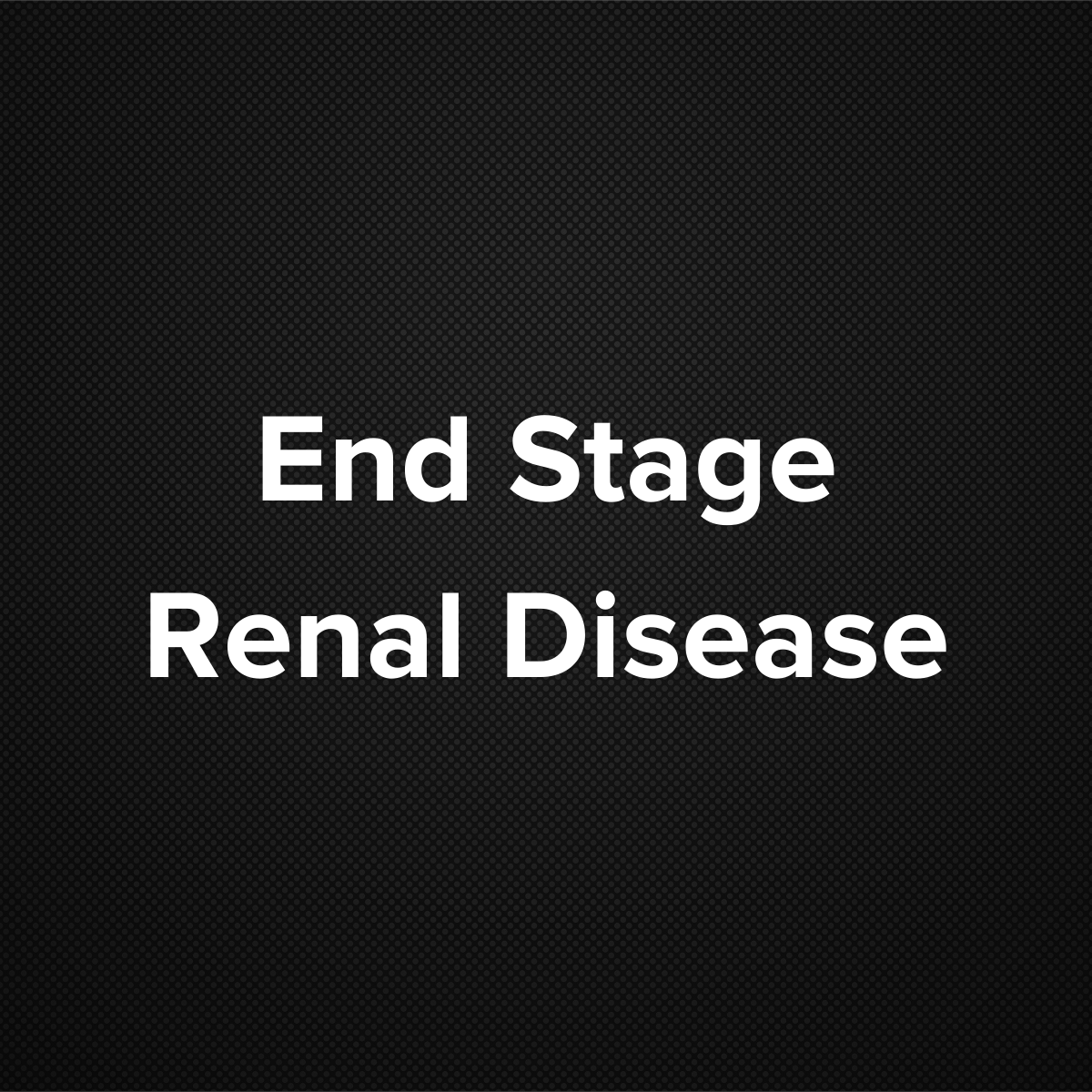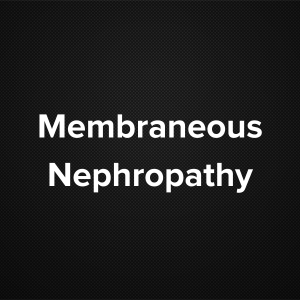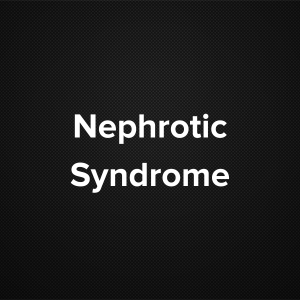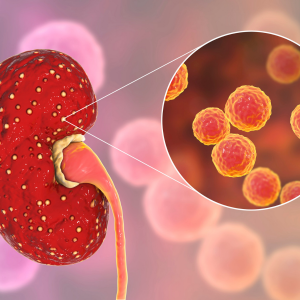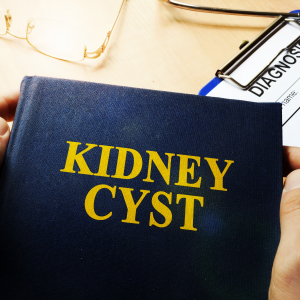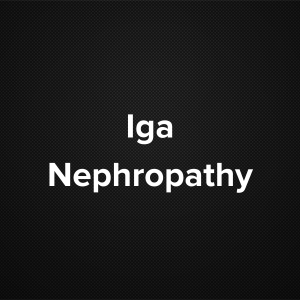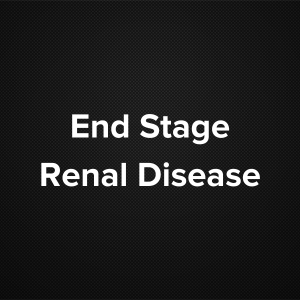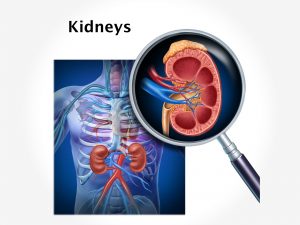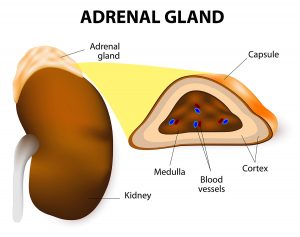Causes and risk factors
The most common causes of end-stage renal disease are diabetes, hypertension, glomerulonephritis, or chronic kidney disease. Other causes include polycystic kidney disease, Alport syndrome, interstitial nephritis, and pyelonephritis. Certain autoimmune conditions such as lupus or nephrotic syndrome also lead to end-stage kidney disease.
Clinical presentation
Patient with end-stage renal disease produce a wide range of symptoms. Patient is fatigued, drowsy, and lethargic. There are muscle cramps, bone pain, insomnia. General ill feeling and headache is present. Decreased sensation in the hands, feet, or other areas is experienced. Frequent hiccups, bad breath, metallic taste in mouth, nausea or vomiting can occur. There is unintentional weight loss. Swelling in legs and hands can be seen. Easy bruising or bleeding is observed. Signs such as reduced urine output [oliguria], no urine output [anuria] are common. Hyperpigmentation, itching, nail abnormalities can be seen. Seizures can occur. Decreased alertness, confusion, delirium, and coma may occur.
Investigation
Medical history by the patient and clinical examination by the doctor helps in diagnosis. Complete blood count is done. Kidney function test, urine test is required. Kidney biopsy is advised. Abdominal ultrasound, CT scan is recommended.
Treatment
Dialysis and kidney transplantation are the two treatment options for patient with end-stage renal disease. Treatment depends upon the physical condition of the patient. Management of the underlying cause such as diabetes or hypertension is necessary. Restricted intake of sodium, potassium, and other electrolytes and fluid restriction is advised. High calorie and low protein diet contribute further to the treatment.
Other Modes of treatment
The other modes of treatment can also be effective in treating end-stage renal disease. Homoeopathy is a science which deals with individualization and considers a person in a holistic way. This science can be helpful in combating the symptoms. Similarly, the ayurvedic system of medicine which uses herbal medicines and synthetic derivates are also found to be effective in treating end-stage renal disease.
